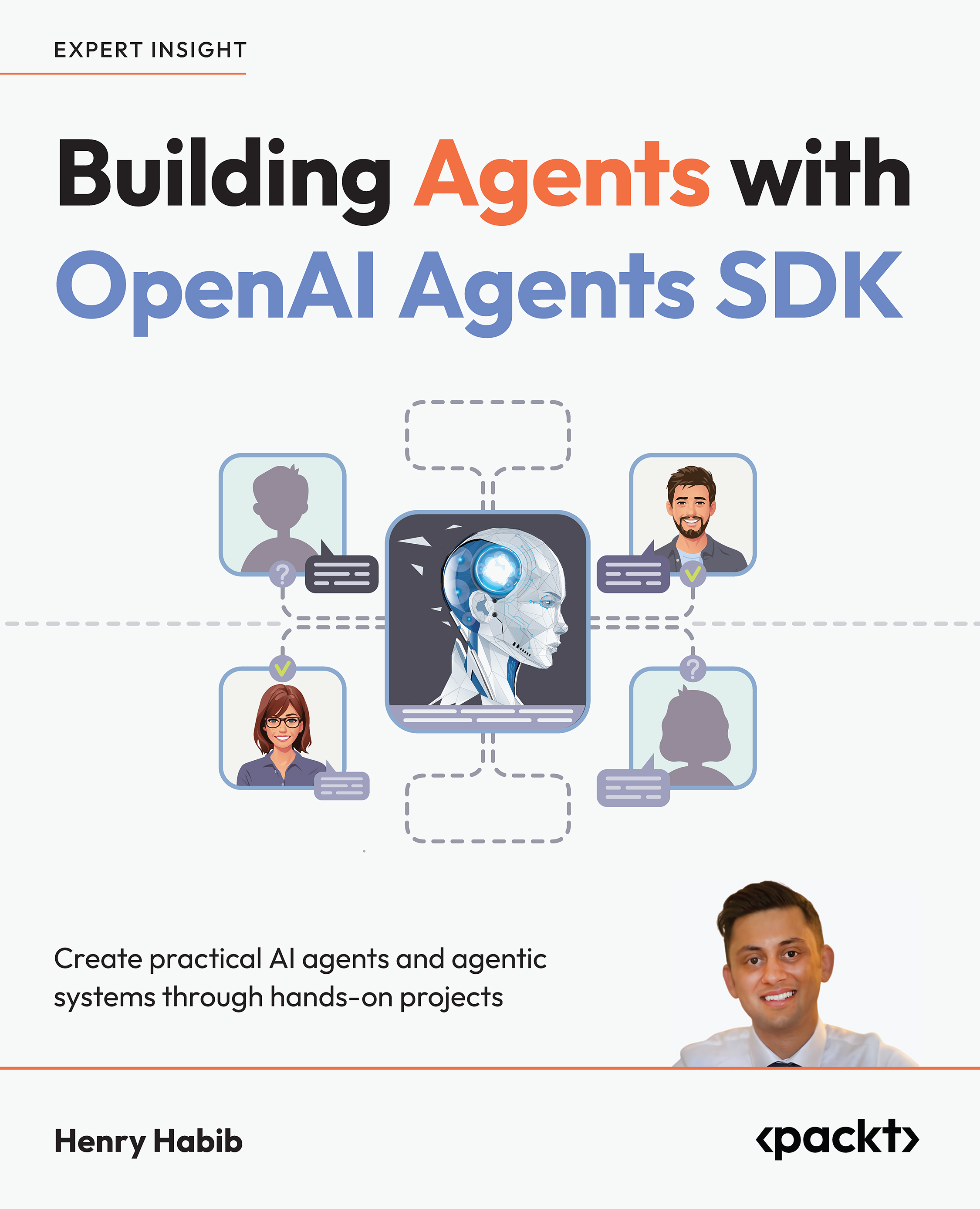Abnormal - Multi-Stage Phishing Attack Exploits Gamma, an AI-Powered Presentation Tool: "In this newly uncovered campaign, attackers weaponize Gamma, a relatively new AI-based presentation tool, to deliver a link to a fraudulent Microsoft SharePoint login portal. Capitalizing on the fact that employees may not be as familiar with the platform (and thus not aware of its potential for exploitation), threat actors create a phishing flow so polished it feels legitimate at every step."
Bruce Schneier - Age Verification Using Facial Scans: Discord is testing the feature: “We’re currently running tests in select regions to age-gate access to certain spaces or user settings,” a spokesperson for Discord said in a statement. “The information shared to power the age verification method is only used for the one-time age verification process and is not stored by Discord or our vendor. For Face Scan, the solution our vendor uses operates on-device, which means there is no collection of any biometric information when you scan your face. For ID verification, the scan of your ID is deleted upon verification.”
Bruce Schneier - CVE Program Almost Unfunded: Mitre’s CVE’s program—which provides common naming and other informational resources about cybersecurity vulnerabilities—was about to be cancelled, as the US Department of Homeland Security failed to renew the contact. It was funded for eleven more months at the last minute.
Bruce Schneier - Slopsquatting: As AI coding assistants invent nonexistent software libraries to download and use, enterprising attackers create and upload libraries with those names—laced with malware, of course.
Check Point Research - CVE-2025-24054, NTLM Exploit in the Wild: ...if attackers are able to capture these NTLMv2 responses, they can still attempt to brute-force the hash offline or perform relay attacks. NTLM relay attacks fall under the category of man-in-the-middle (MitM) attacks that exploit the NTLM authentication protocol. Instead of cracking the password, the attacker captures the hash and passes it to another service to authenticate as the user. NTLM relay attacks are much more dangerous when the stolen credentials belong to a privileged user, as the attacker is using it for privilege escalation and lateral movement on the network.
Cisco Talos - Unmasking the new XorDDoS controller and infrastructure: The XorDDoS trojan is a well-known DDoS malware that targets Linux machines, turning them into "zombie bots" that carry out attacks. First identified in 2014, its sub-controller was uncovered in 2015. Based on the simplified Chinese user interface and instructions of the XorDDoS controllers and builder, Talos assess with high confidence that the operators are Chinese-speaking individuals.
Critical security vulnerability in the Erlang/OTP SSH implementation: The vulnerability allows an attacker withnetwork access to an Erlang/OTP SSH server to execute arbitrary codewithout prior authentication.
Cymulate - Task Scheduler– New Vulnerabilities for schtasks.exe: A UAC Bypass vulnerability has been found in Microsoft Windows, enabling attackers to bypass the User Account Control prompt, allowing them to execute high-privilege (SYSTEM) commands without user approval. By exploiting this weakness, attackers can elevate their privileges and run malicious payloads with Administrators’ rights, leading to unauthorized access, data theft, or further system compromise.
Krebs on Security - China-based SMS Phishing Triad Pivots to Banks: China-based purveyors of SMS phishing kits are enjoying remarkable success converting phished payment card data into mobile wallets from Apple and Google. Until recently, the so-called “Smishing Triad” mainly impersonated toll road operators and shipping companies. But experts say these groups are now directly targeting customers of international financial institutions, while dramatically expanding their cybercrime infrastructure and support staff.
SonicWall - Authenticated SMA100 Arbitrary Command Injection Vulnerability: Improper neutralization of special elements in the SMA100 management interface allows a remote authenticated attacker to inject arbitrary commands as a 'nobody' user, which could potentially lead to code execution.
 United States
United States
 Great Britain
Great Britain
 India
India
 Germany
Germany
 France
France
 Canada
Canada
 Russia
Russia
 Spain
Spain
 Brazil
Brazil
 Australia
Australia
 Singapore
Singapore
 Canary Islands
Canary Islands
 Hungary
Hungary
 Ukraine
Ukraine
 Luxembourg
Luxembourg
 Estonia
Estonia
 Lithuania
Lithuania
 South Korea
South Korea
 Turkey
Turkey
 Switzerland
Switzerland
 Colombia
Colombia
 Taiwan
Taiwan
 Chile
Chile
 Norway
Norway
 Ecuador
Ecuador
 Indonesia
Indonesia
 New Zealand
New Zealand
 Cyprus
Cyprus
 Denmark
Denmark
 Finland
Finland
 Poland
Poland
 Malta
Malta
 Czechia
Czechia
 Austria
Austria
 Sweden
Sweden
 Italy
Italy
 Egypt
Egypt
 Belgium
Belgium
 Portugal
Portugal
 Slovenia
Slovenia
 Ireland
Ireland
 Romania
Romania
 Greece
Greece
 Argentina
Argentina
 Netherlands
Netherlands
 Bulgaria
Bulgaria
 Latvia
Latvia
 South Africa
South Africa
 Malaysia
Malaysia
 Japan
Japan
 Slovakia
Slovakia
 Philippines
Philippines
 Mexico
Mexico
 Thailand
Thailand













